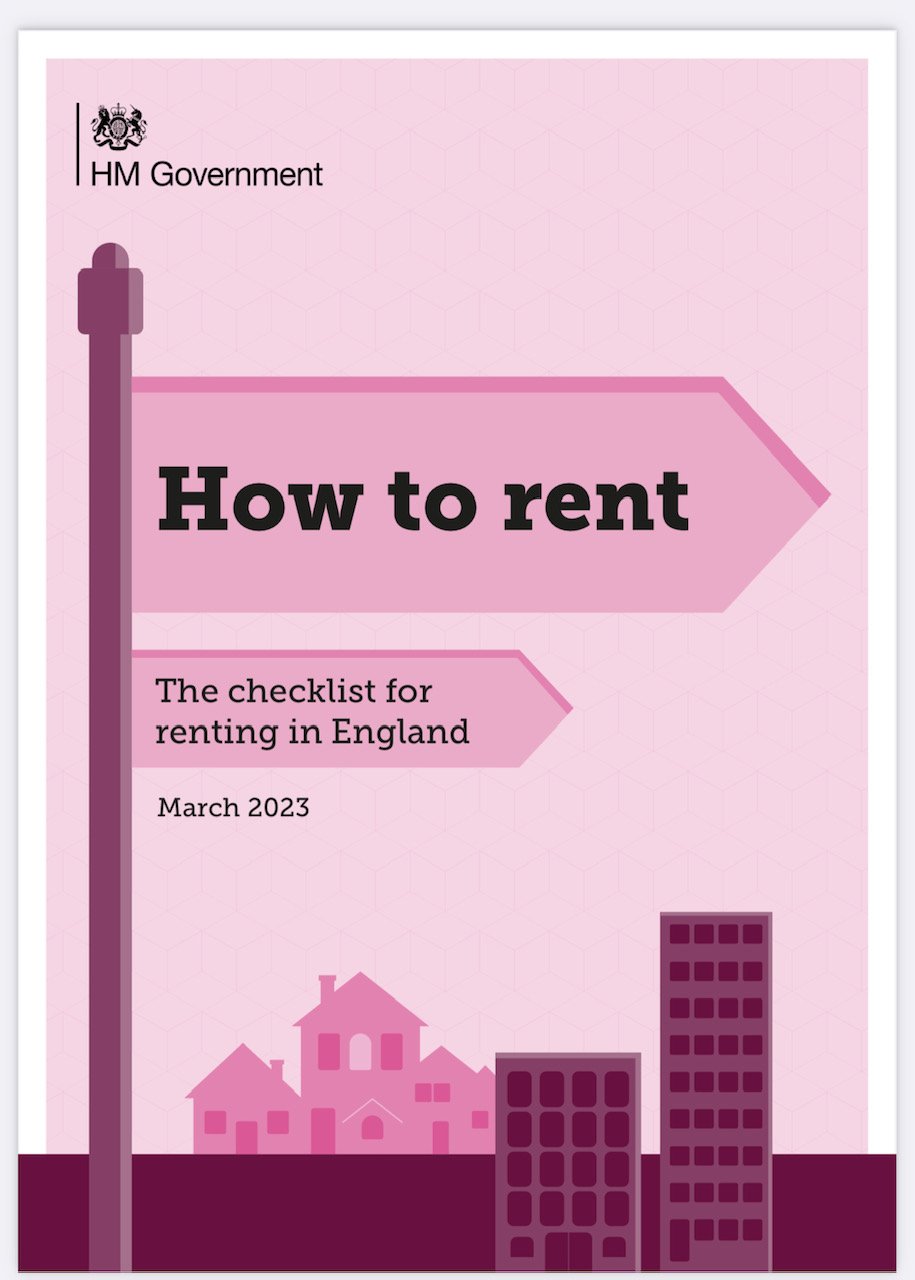
Renters Reform - What will this mean for the PRS?
A lot of discussion has taken place since June 2022 when the government announced that the PRS would be Levelled Up, but what does that actually mean in practice and how will the Renters Reform Bill impact landlords, tenants and the PRS?
Firstly, one of the key points to consider is to ignore the trade press and national press who lead with headlines and never factor in the detail.
Abolishing Section 21
A lot of emphasis has been placed on ‘no fault Evictions’ when in fact what should actually be referred to is the service of notice to obtain vacant possession’. There is no way of evicting a tenant just by serving a section 21 and to clarify, the eviction process takes a lot longer than a mere two months.
The Section is the first step to a landlord gaining possession but with ‘no reason’ given, therefore the abolition of this notice will mean that the landlord will be required to state ‘grounds’ (reasons) should they wish to regain possession. This would require Section 8 of the Housing Act 1988 (1996) to be amended.

Landlords may be given 2028 to reach EPC Rating of C
According to the Daily telegraph last week, the Government are due to announce announce a new deadline for the EPC rating of C to be achieved for all rental properties.
This announcement will be music to the ears of many landlords who will be given additional time to plan for any modifications that are required. It is important to note that whilst the objectives of the Department for Energy Security & Net Zero have been placed high on the Government’s agenda, the impact on landlords has been stressful.
The government originally proposed that all new lets from April 2025 would need to meet a minimum EPC rating of C, and all other tenancies would have to comply by 2028. However, given that many landlords are already struggling to deal with the peace meal approach to legislation as well as the possibility that Section 21 (Form 6A) will be abolished, the reaction is to sell up and call it a day.
Further information to follow once the announcement if made.

ASB to be tackled as Landlords promised power to Evict Anti-Social Tenants
Yesterday, the Department of Levelling Up announced their Anti-Social Behaviour Action Plan which sets out an ambitious new approach to working with local agencies to tackle the blight of anti-social behaviour facing communities across England and Wales.
The plan includes details which will allow Landlords and law-abiding tenants to benefit from stronger laws and systemsto ensure those who are persistently disruptive are evicted. The aim is to seek to halve the delay between a private landlord serving notice for anti-social behaviour and eviction and broaden the disruptive and harmful activities that can lead to eviction. The plan also provides a clear expectation that previous anti-social behaviour offenders are deprioritised for social housing.

The new How to Rent Guide (England) Published
On the 24th March 2023 the long anticipated new How to Rent Guide (England) was published by the Department for Levelling Up,Housing & Communities.
The Guide, which needs to be served for all new tenancies and renewals in order for landlords to comply with the Deregulation Act 2015, has not been updated since December 2020 and the updated version contains some significant changes. The Guide reflects the changes in legislation relating to Smoke Detector and Carbon Monoxide Regulations as well as the introduction of the Electrical Safety Regulations from 2020 and the Guide also makes reference to checking if the property is suitable for the disabled. The reference to Covid 19 have been removed, as has the detailed overview of the Assured Shorthold Tenancy.
